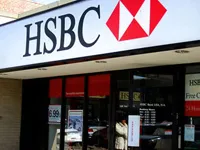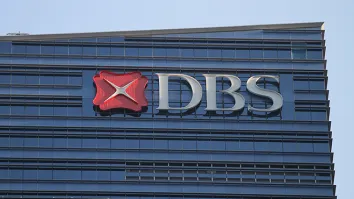
HK to give grand welcome if UK banks transfer to ex-territory
Shareholder interest and profitability issues may force HSBC and other British banks to reconsider relocation.
Hong Kong would “absolutely” welcome London-based banks HSBC Holdings Plc and Standard Chartered Plc if they decided to move headquarters to the former British territory, according to Chief Executive Donald Tsang.
“If HSBC or Standard Chartered were to change headquarters it would not undermine their business at all,” Tsang said in an interview Tuesday. Tsang added he didn’t “want to encourage a move that would impair relations” with trading partners including London and New York.
The shift would mark a victory for Hong Kong, 14 years after the city’s return to Chinese sovereignty stoked concerns that its status as an international financial center would decline. China last month unveiled a package of measures to bolster Hong Kong’s role as a financial hub, while Europe’s debt crisis and the prospect of tougher regulations have increased pressure on banks from investors to weigh a move.
HSBC and its rivals “would seriously reconsider relocating when their shareholder interest and profitability is at risk because of new regulations,” Dominic Chan, an analyst at BNP Paribas SA in Hong Kong, said by telephone. Still, “unless something major happens, London will remain a major financial center for them to keep operating from,” he said.
HSBC and Standard Chartered are among lenders required to comply with new British rules including building a firewall between their consumer and investment banking operations under plans published on Sept. 12 by the Independent Commission on Banking. The plans, which seek to shield customers and taxpayers from another financial crisis, will cost the industry as much 7 billion pounds ($11 billion), the report said.
Tim Baxter, a spokesman for Standard Chartered in London, said the bank would keep its domicile under review, though it had “no immediate plans” to change. HSBC will review its headquarters, as it does every three years, once the government has responded to the ICB’s proposals, a spokesman said.
View the full story in Business Week.
















 Advertise
Advertise






